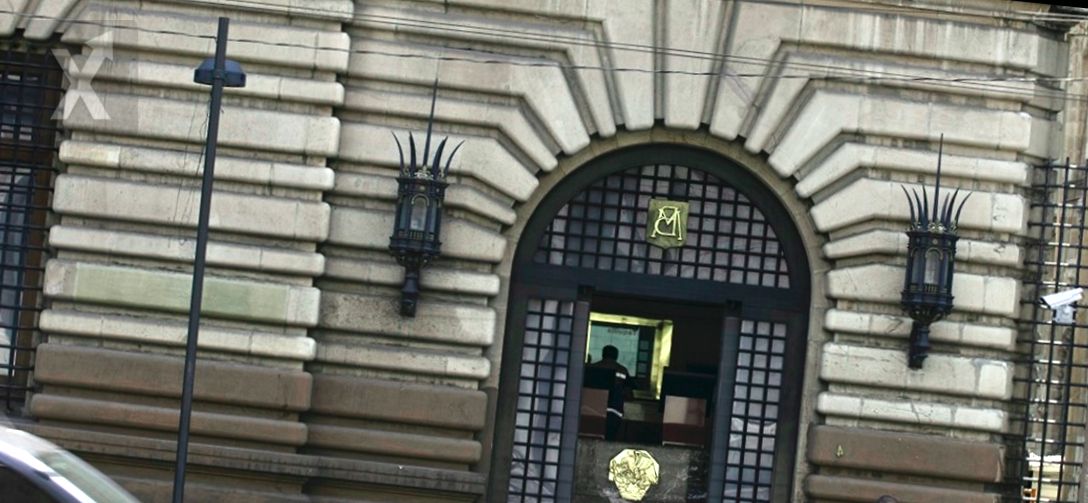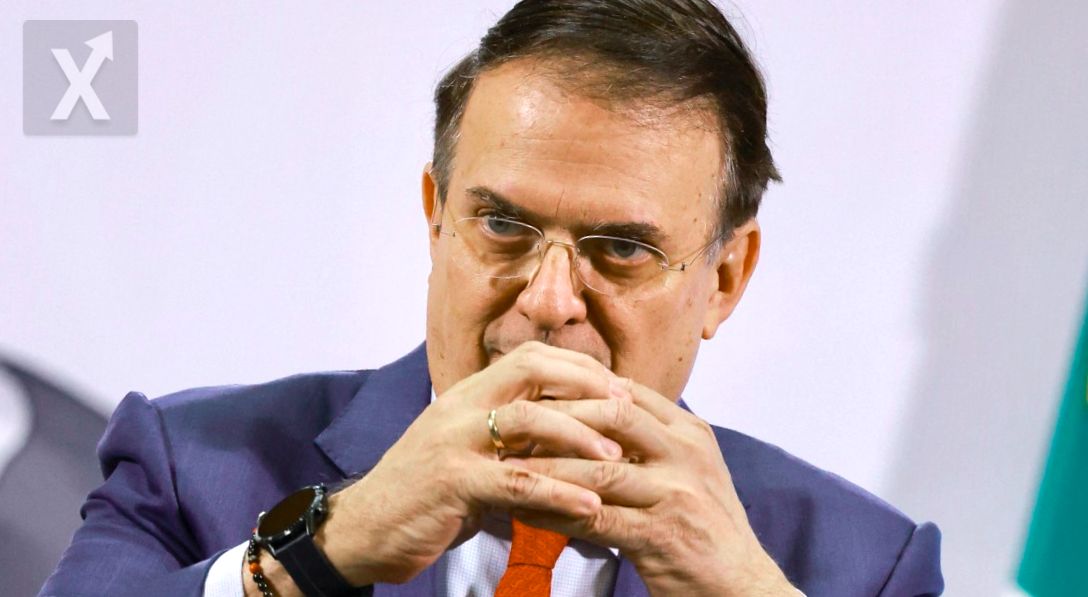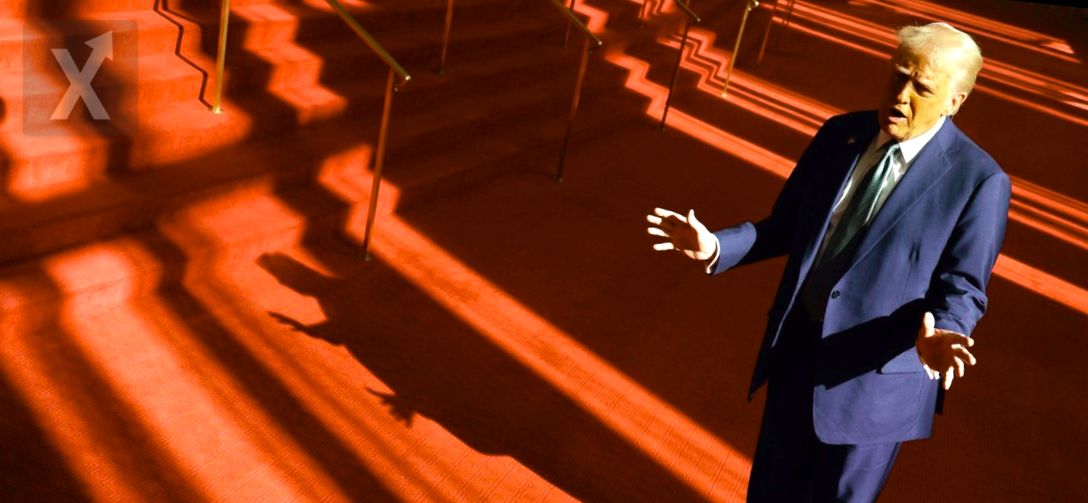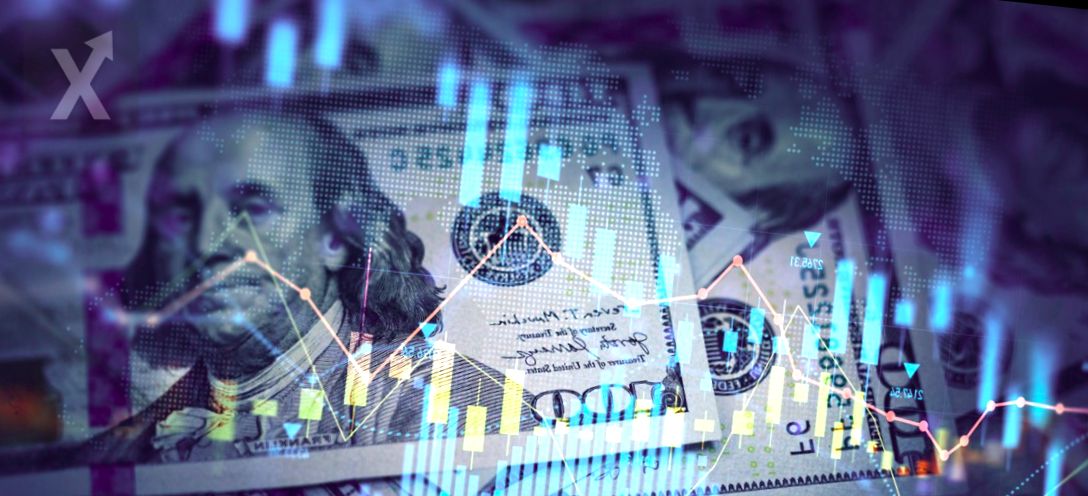Commercial Uncertainty Exacerbated by Trump
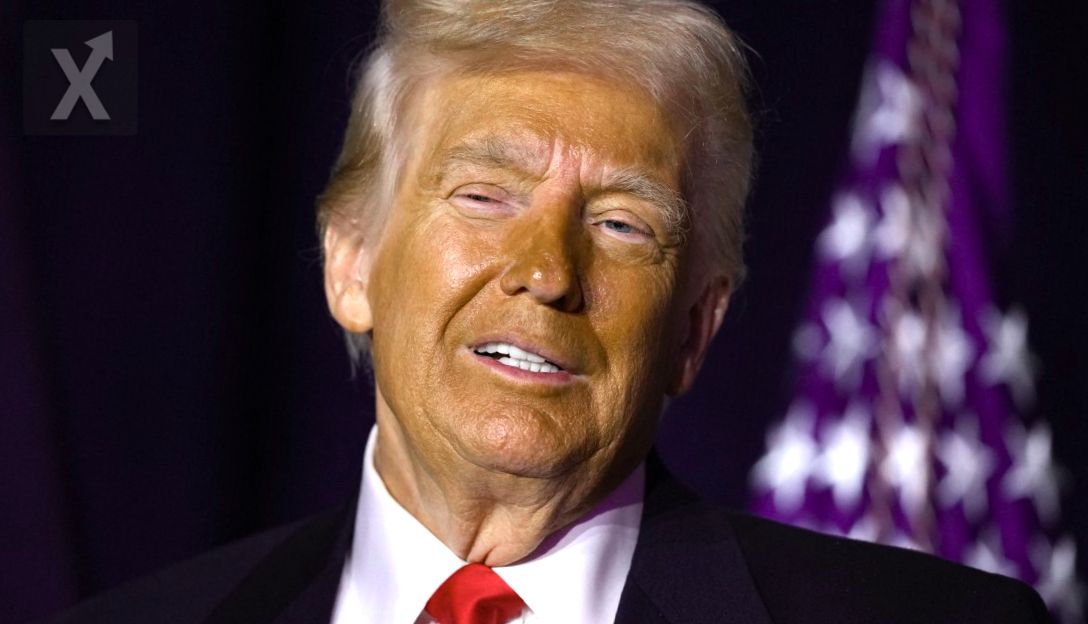
The "king of tariffs" is back with a vengeance and is bringing even more aggressive trade threats that are impacting the global economy, generating deep uncertainty in all markets. The Trade Policy Uncertainty Index has reached its highest levels during the presidency of Donald Trump. While there were significant peaks in his first term, his second term has seen historic highs in this index.
During his first administration, when he took office, the index showed an initial spike in January 2017, fueled by threats of tariffs on Mexico and the possibility of eliminating NAFTA. The highest level during his first term was 266 points in June 2019, at which point Trump announced a 5% tariff on all Mexican imports. Although this didn’t materialize due to an agreement reached by Marcelo Ebrard, who was then the Secretary of Foreign Affairs. With Trump’s victory in November 2024, the index skyrocketed to 345 points, settling at 323.75 upon his inauguration in January. This index measures how frequently major U.S. media outlets discuss issues of uncertainty in trade policy. An index of 100 means that only 1% of the news addresses this topic. Experts have emphasized that even if Trump doesn’t follow through on his tariff threats, the constant barrage of announcements and provocations keeps uncertainty high in the markets and among businesses. The World Economic Forum warns that the former president's trade policies are changing business strategies: 40% of companies are increasing their sourcing in the U.S., 46% are diversifying their operations to other countries, and 62% are prioritizing sustainability in their decisions. As various analysts point out, trade is essential for economic development, and any notable disruption in its flows prompts immediate reactions from governments, analysts, and investors. Recently, QNB Bank warned about the potential escalation of U.S. tariff policies. In recent weeks, Trump has dominated economic headlines with his protectionist stance. After a brief respite since his return to political life, uncertainty has surged. At the beginning of the month, the "trade war" gained new momentum with direct tariff threats, including 25% tariffs on Canada and Mexico (currently on hold) and a 10% tariff on China, which is already in effect. Additionally, there have been proposals for universal and reciprocal tariffs on all products and a 25% levy on steel and aluminum imports. Measures have continued, with the White House reviewing copper tariffs and announcing a 25% tax on European products, reinforcing the perception of an increasingly aggressive trade policy. According to QNB, this trend is expected to continue or even intensify in the coming months, predicting that the new Trump 2.0 administration will raise tariffs further in the first half of 2025, which would have both direct and indirect implications for the U.S. economy. The impact of these measures on the global economy remains uncertain. However, it is clear that global trade is facing challenging times ahead. If the U.S. instigates a trade war against key partners like Canada, the EU, and China, the consequences could be devastating for the global economy. A study from the Center for Inclusive Trade Policy at the University of Sussex suggests that the repercussions won't be the same for all countries; some will be more affected depending on how much they rely on the U.S. market. In this scenario, Mexico and Canada are shaping up to be the most vulnerable economies, given their strong trade relations with the U.S. and their high exposure to potential tariffs. Standard & Poor's estimates that imposing a 25% tariff on Mexican exports could drag the Mexican economy into a recession, with the real exports of goods and services being the main culprit of this slowdown throughout the year. Additionally, trading partners face significant uncertainty about the future of USMCA. Mexico's President, Claudia Sheinbaum, has mentioned the possibility of revising the treaty before 2026, while her team at the Ministry of Economy works to seek an agreement.
It is crucial for companies and countries in the region to prepare for this volatility and seek to diversify their markets to mitigate possible negative effects. As economic history has taught us, adaptability and innovation are key to facing crises and seizing opportunities that arise along the way.


